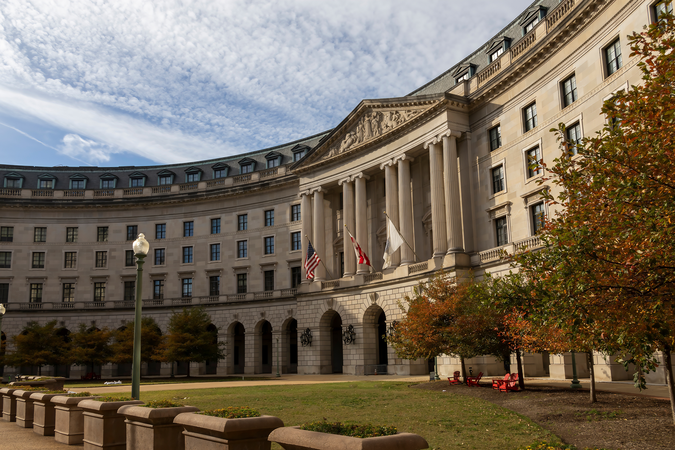Emissions Trading to Improve Air Quality in an Industrial City in the People’s Republic of China
DownloadIn Taiyuan, a provincial Chinese capital southwest of Beijing, sulfur dioxide and soot from the heavy burning of coal result in dense smog that threatens the health of the city’s 2.7 million residents.
To develop an air quality improvement process for the city, RFF led a multi-year project to enhance market-based mechanisms to control the release of sulfur dioxide from large industrial plants. The city government established an ambitious goal of 50 percent reduction in SO2 emissions by the end of 2005.
The project, supported by the Asian Development Bank, resulted in the creation of a cap-and-trade program for the city that incorporates a number of key developments:
- Establishment of specific emission caps for coal-burning entities in the city.
- Promulgation of a formal regulation on emissions trading and creation of an administrative oversight framework.
- Development of computer-based tools to monitor and verify the system.
- Simulation of emissions trading among selected power plants and manufacturers.
- Capacity building on the theory, practice, and management of emissions trading systems.
RFF Senior Fellow Richard D. Morgenstern and his co-authors in Emissions Trading to Improve Air Quality in an Industrial City in the People’s Republic of China (Discussion Paper 04-16, April 2004) note that the work may serve as a precursor for other Chinese cities seeking to reduce pollution in order to improve environmental health.
“Whether and when this system becomes fully operational and how the inevitable ‘growing pains’ of the system are resolved depend on the interplay of a complex set of local and national factors,” they write. “What is clear, however, is that the seeds of change have been sown.”
Authors

Piya Abegunawardena

Robert Anderson

Ruth Bell

Cao Dong

Wang Jinan

Wang Jitian

Steiner Larsen






